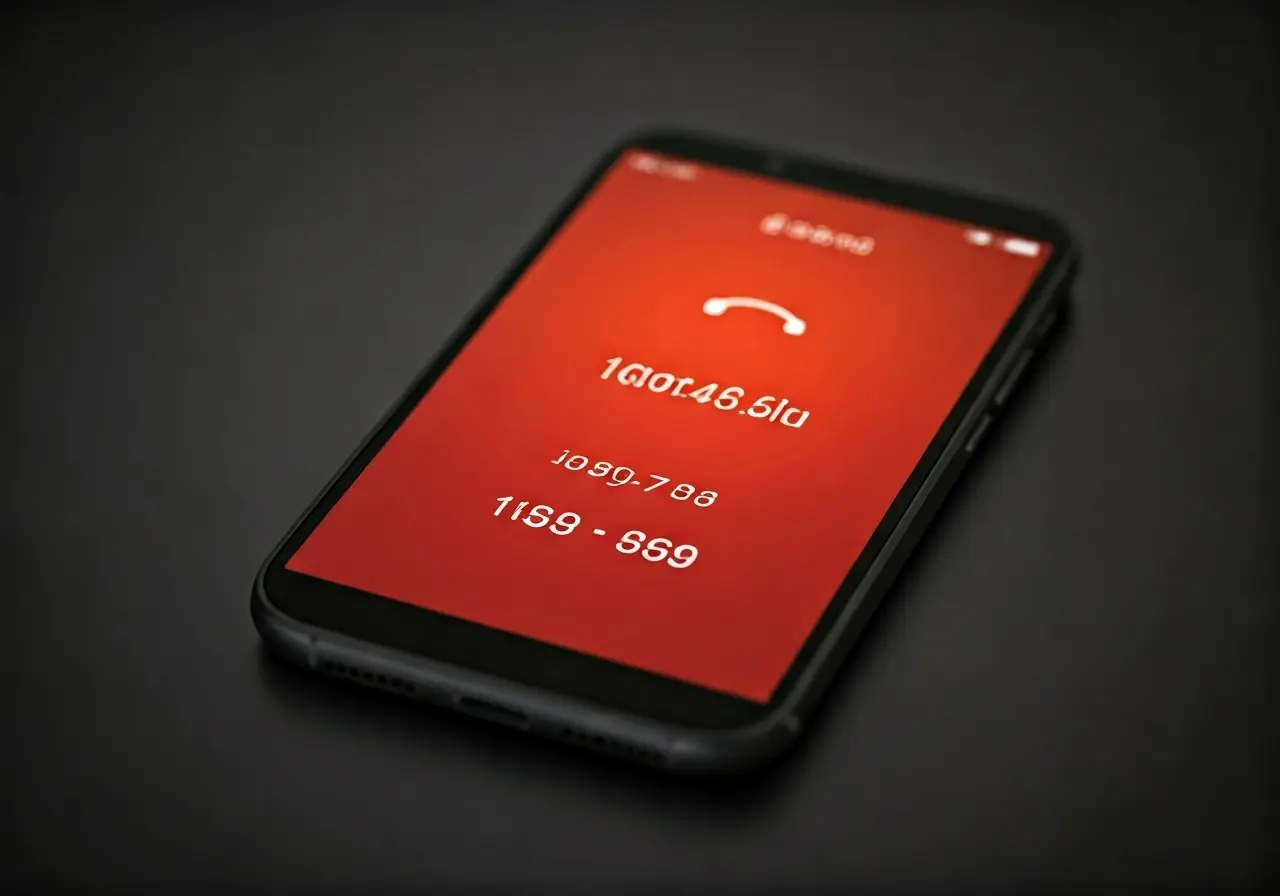In today’s fast-paced world, mental health challenges are more common than many might think. It’s important to know when you should reach out for help. This FAQ aims to guide you on when it’s the right time to call a mental health crisis hotline.
Understanding Mental Health Crises
It can be difficult to recognize when a mental health issue becomes a crisis. A crisis is typically a period of extreme emotional distress or a time when a person feels unable to cope with life’s challenges. Understanding what constitutes a crisis is the first step in knowing when to seek help.
Mental health crises can manifest in various forms. These could range from feeling utterly overwhelmed by everyday life to experiencing severe panic attacks that inhibit your ability to function. It’s crucial to be aware of the intensity and duration of these feelings. Unlike temporary bad days, crises tend to last longer and feel more intense, often requiring immediate intervention.
A mental health crisis isn’t limited to severe cases. Even moderate levels of distress, if persistent, can signal the need for intervention. It’s about the impact on your daily life and whether these feelings prevent you from engaging in normal activities, maintaining relationships, or fulfilling responsibilities at work or school.
Signs It’s Time to Call
Some signs indicate it might be time to call a hotline: feeling overwhelmed by negative thoughts, experiencing intense anxiety or panic attacks, losing the will to engage in daily activities, or having thoughts of self-harm or suicide.
Beyond the more obvious signs, there are subtler indicators that suggest you should reach out for help. These include prolonged sadness, changes in sleep patterns, irritability, or sudden emotional outbursts. If you notice these symptoms in yourself or someone you care about, it’s wise to consult with a professional immediately.
Crisis hotlines are not only for those contemplating self-harm. They provide support for anyone who feels overwhelmed by grief, loss, or life transitions such as starting a new job or ending a relationship. By calling, you take a crucial step towards regaining control over your situation.
How Hotlines Can Help
Mental health crisis hotlines provide immediate support and guidance from trained counselors. They offer a listening ear, help you find clarity, and can connect you with ongoing support and resources.
One of the key advantages of calling a hotline is the access to specialized support. These services understand the nuances of mental health crises and apply effective strategies tailored to your specific experience. Whether it’s through therapeutic conversations or practical advice, hotline counselors are equipped to assist.
In addition to emotional support, crisis hotlines like the National Suicide Prevention Lifeline provide critical resources and referrals. They can help navigate complex mental health systems and arrange for subsequent in-person consultations or therapy sessions if needed.
Overcoming Hesitation to Call
Many people hesitate to call a hotline due to embarrassment or the belief that their problems aren’t ‘serious enough.’ It’s important to remember that if you’re considering calling, that in itself is a significant sign that you should.
Social stigma surrounding mental health issues often discourages people from seeking help. But reaching out demonstrates strength, not weakness. By acknowledging your need for support, not only do you empower yourself, but you also set a powerful example for others in your community or social circle.
There is no issue too small to discuss with a mental health professional. Hotlines are available 24⁄7 to assist with any level of distress. Remember, these services exist because every mental health concern is valid and deserves timely attention.
Preparing for the Call
Before you make the call, find a quiet and comfortable space to talk. It’s helpful to take a few deep breaths to calm down. Know that the person on the other end is there to help and support you through your crisis.
When preparing to call a hotline, jot down a few notes about what you’re experiencing. This could include feelings, specific events, or any previous coping mechanisms you’ve tried. These can act as a guide during your conversation, helping you articulate your thoughts more clearly and allowing the counselor to understand your situation better.
It’s also beneficial to have a list of questions or concerns you wish to address. This could involve seeking resources for long-term management or understanding particular symptoms. A well-prepared approach ensures you maximize the benefit of speaking to a trained professional.
Taking the Step Towards Help
Remember, reaching out for support isn’t a sign of weakness—it’s an act of courage. These hotlines exist to help you when you need it most. Don’t hesitate to reach out if you or someone you know is facing a mental health crisis.


